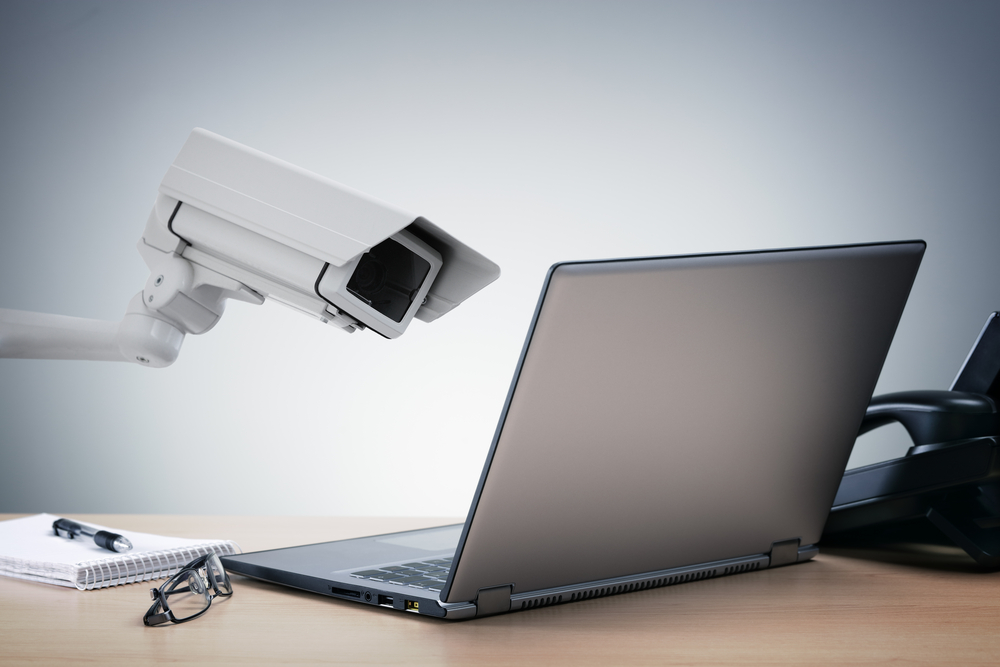So, we no longer need to wade through encyclopedias in our quest for knowledge. Have a ravenous appetite for entertainment? The fix is just a few clicks away. The digital space has also given a whole new meaning to multitasking. Lest we forget: the Internet may encourage us to multitask – or, more accurately, switch rapidly between tasks – but by the same token, it may have shortened our attention spans. And it has also created new addictions – including, of course, to the Internet itself. Apparently, a case of too much of a good thing.
Of all the (sea) changes (and addictions), none is more emblematic of the Internet’s impact on us than the change to social communication. Why leave the comfort of your homes when you want to connect with other people? Of course, we still go to cafés and pubs to chat over drinks. Except that nowadays, besides our smart friends, we also bring along our smartphones for entertainment when our smart friends fail to perform.
When it comes to online interactions, social media are no doubt a juggernaut. A typical person spends more than two hours a day on social platforms. Other estimates indicate that one-third of our online time is captured by social media. And the figures climb higher – way higher – especially when only young people are considered, to the point of outright addiction, be it perceived or actual. Nothing exceeds like excess.
Social platforms are also behind much of the monumental effect that the Internet has had on the notion of privacy, and our perceptions of privacy. In fact, the private-versus-public distinction is no longer as clear-cut as before, with many of us happily transmitting our excruciatingly private details to the social sites and to whoever is “around”. It may sometimes feel as if living in our age is like constantly living in the public eye – a curse previously borne only by the rich and (in)famous.
Indeed, the very essence of social media and some other online services is antithetical to the concept of privacy. In order to make the intended and/or meaningful use of the platforms, we (have to) give away some of our private details. It’s not “only” our names, email addresses or phone numbers, but also our personal preferences, location data, and other potentially sensitive information. In addition, we often have no idea what happens to our data once they are disclosed. Nor do those who collect the data always know.
And it’s not just about what we divulge about ourselves, knowingly or not. Others have a say in it, too, and can broadcast anything about us and may not even realize it. True, to some extent, this was possible before, but the Internet has widened the opportunities for disclosures of any kind of information, including that affecting privacy, as well as extending their reach and multiplying the speed at which they spread. And with it comes collective responsibility.
It follows that public concerns about privacy – or the “right to be let alone” as aptly articulated in this seminal legal essay from 1890 – are nothing new. These days, the right to privacy is often commingled with the closely-related right to data protection. And that’s no wonder, since online privacy boils down to our data being secure and managed correctly.
At any rate, one thing is certain: it’s never a bad time to stop and consider the implications of the Internet for our privacy. To be sure, the jury is still deliberating whether there is any privacy left thanks to the digital age, as it has often been described as killed, eroded, or, at the very least, changed.
Dead or alive, privacy is nevertheless very much wanted. Internet Day provides a fitting opportunity to put the poster up on the wall.
Suggestions for further reading:
Privacy, Social Media, and the Younger Generation
How to give your social media security a boost
How (over)sharing on social media can trip you up
Data Privacy vs. Data Protection: Reflecting on Privacy Day and GDPR
The right to privacy in the digital era
Worrying about data privacy isn’t enough: Here’s how to own your online presence





